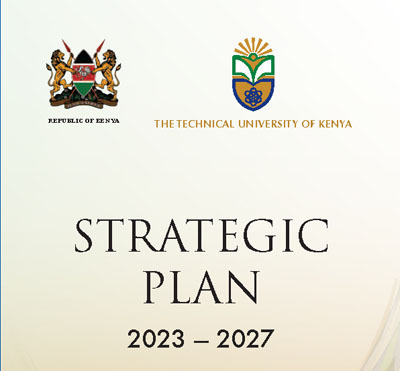1. Duration & Entry Requirements
o Bachelor of Engineering (B.Eng.):
• Full-time: 5 years
• Entry: KCSE mean grade of C+ with required subject combinations
• Accredited by the Engineers Board of Kenya (EBK)
o Bachelor of Technology (B.Tech.):
• Full-time: 4 years (part-time modules also available)
• Entry: KCSE or diploma holders (diploma holders may gain direct admission into Year 3)
• Regulated by the Kenya Engineering Technology Registration Board (KETRB)
2. Curricular Focus
o B.Eng.: Emphasizes theoretical depth, advanced mathematics (including multiple calculus courses), engineering science, and conceptual design.
o B.Tech.: Oriented towards practical application, technical skills, and industry-based learning. Offers flexible learning options (e.g., evening and weekend classes).
3. Career Pathways & Professional Qualification
o B.Eng.: Graduates qualify as engineers and typically work in design, research and development (R&D), consultancy, or project supervision. The degree enables professional registration as a Registered Engineer (R.Eng.) with EBK.
o B.Tech.: Graduates are recognized as technologists and often work in practical engineering roles such as manufacturing, construction, systems implementation, and maintenance. They may also pursue postgraduate studies in engineering, management, or technology.
4. Industry Recognition & Scope
o B.Eng.: Internationally recognized for professional engineering roles and chartered status.
o B.Tech.: Well-suited for industry roles requiring hands-on expertise. International recognition may vary depending on the country and professional body. Within Kenya, B.Tech. degrees—particularly from TUK—meet the demand for skilled technologists.
5. Advanced Study Options
o B.Eng.: Provides direct access to Master's and Ph.D. programmes in engineering and related fields.
o B.Tech.: Graduates may also pursue advanced degrees, though some institutions may require bridging courses depending on the specialization and academic requirements.


